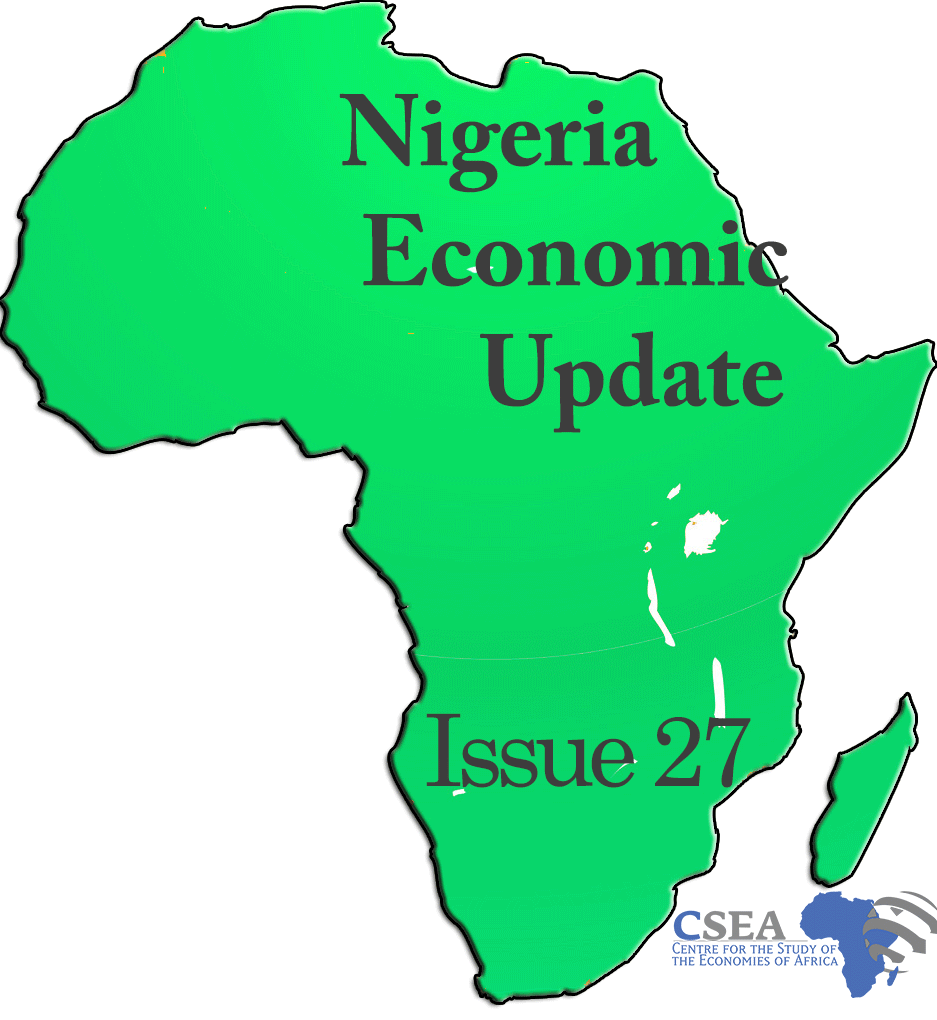
On July 7, 2019, Nigeria signed the Africa Continental Free Trade Area (AfCFTA) agreement1 – the world’s largest free trade area deal since the formation of the World Trade Organization. The AfCFTA aims to, among other cardinal objectives, boost intra-regional trade which stands in favour of Nigeria and improve its low bilateral trade with other African countries. According to the NBS, exports from Nigeria to the rest of Africa accounted for 13.2% of total exports in 20182, far below 43.9% and 27.9% to Europe and Asia respectively; also, imports from other African countries made up only 3.5% of total imports, unrivalled with 41% and 44% from Europe and Asia respectively. By signing the AfCTA which removes the tariff on about 90% of the commodities produced within Africa, trade between Nigeria and other African countries could potentially increase to 52% by 2022. However, the extent to which Nigeria would reap the encompassing benefits of the CFTA depends strongly on the improvement in the efficiency of local firms and the development of continent-wide systems upon which trade can thrive. To address the former, the inefficiency and opacity in border administration and the lack of connective infrastructure will need to be dealt with. Furthermore, the Nigerian government may strongly consider signing the Protocol on free movement of people, which stipulates visa-free entry for up to 30 days for African nationals and the introduction of an ‘African passport’ issued by member states, that opened up for signature in March 2018 and has been signed by 32 countries3.
